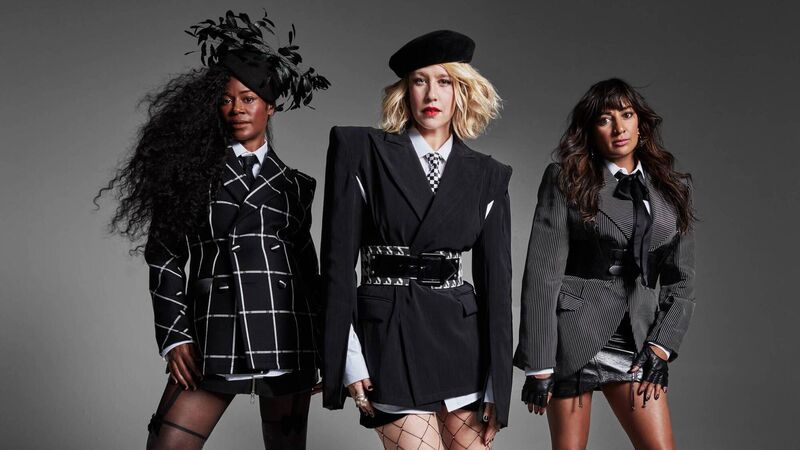Tom Dunne: Fight for your right to disco party with Say She She

Say She She are immersed in the sound of early disco. Picture: Alyssa Boni
I feel the expectation of a Taylor Swift column hanging over me like a lead blanket. I feel beckoning to me, its huge gravitational pull drawing me in, prompting me to form Travis Kelce shaped questions, spirited Charlie XCX defences, and easter egg revelations I am having none of it. I am hoping instead that one of my children will ask what her track Wood is all about. I’m going to tell them it’s reference to the main material used in DIY pursuits.
“DIY comes for everyone eventually,” I will say. “You want to change the world, but you settle for putting up shelves.” “Normally DIY comes after you marry, Taylor’s just gone a bit early, that’s all,” I will add.




